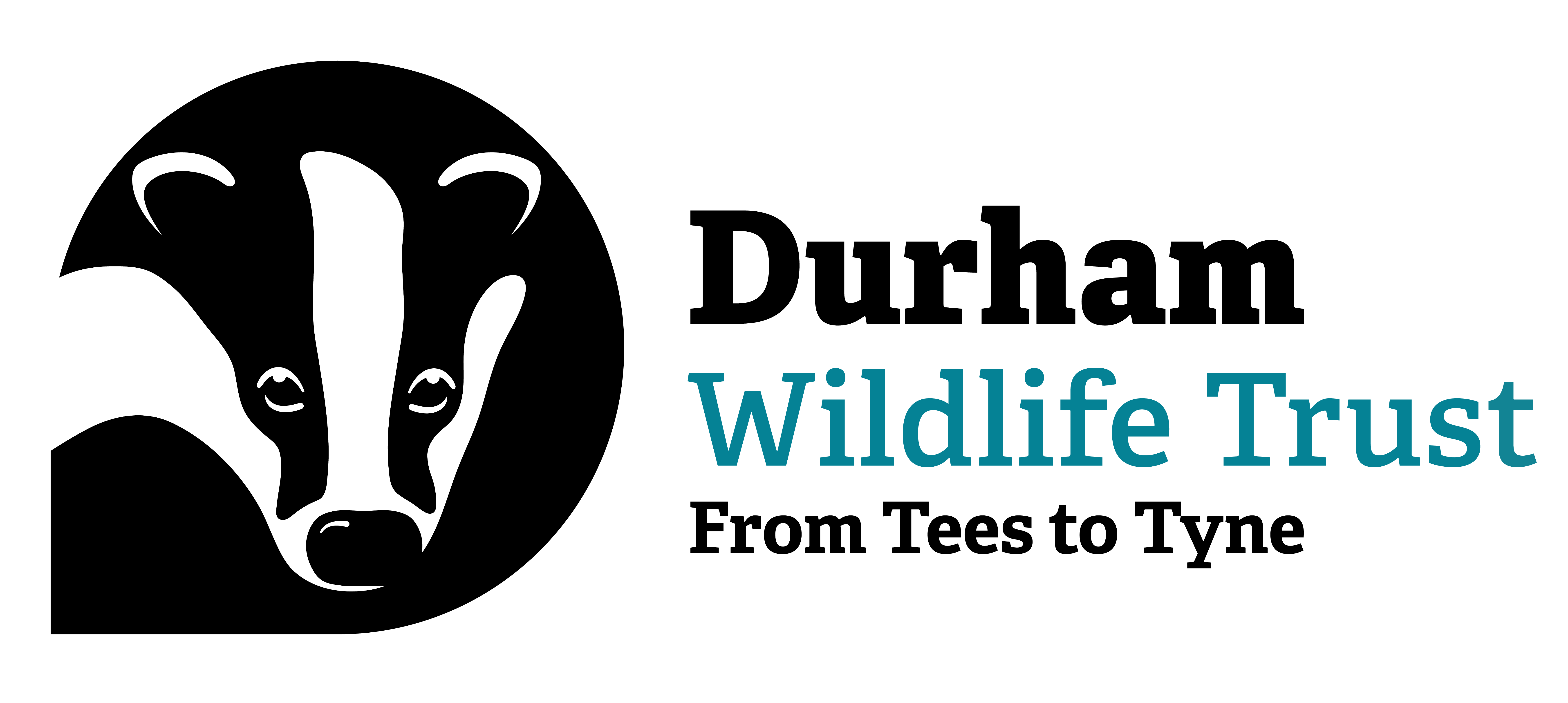Durham Wildlife Trust set out to raise £54,000 to buy land adjacent to Rainton Meadows and protect the wildlife haven from housing development.
The total required to buy the fields, close to the A690 between Durham and Sunderland, is £540,000, and the Trust needed to raise 10 per cent in match funding to apply for a grant from Biffa Award, part of the Landfill Communities Fund.
The Trust had set itself a deadline of October to raise the money but the £54,000 target has already been exceeded, with donations now standing at more than £70,000.
It means that the Trust can use the extra funding to be even more ambitious with its plans to restore the natural habitat and attract more wildlife.
Emily Routledge, who is leading the appeal as the Trust’s Head of Development and Communications, said: “We have been overwhelmed with the donations and well wishes for the Rainton Meadows Appeal – we could not have imagined reaching the target so quickly.
“The incredibly positive reaction is testament to the dedication of our supporters, and demonstrates just how much our local community, and beyond, cares about nature.
“We are so grateful to those who have supported this important appeal, but there is still more work to do, and the fundraising will continue so we can maximise our ambitious plans for the land.
“The appeal will remain open and all funds raised above and beyond the land purchase target will be used for habitat restoration, helping us to protect wildlife and deliver nature’s recovery.”
The 74-acre Rainton Meadows nature reserve was created in 1996 through the restoration of Rye Hill open cast mine by UK Coal, in partnership with Durham Wildlife Trust and the City of Sunderland.
The wetlands and grasslands have developed into a significant area for wildlife, with more than 200 bird species recorded. Other wildlife includes roe deer, stoat, weasel, brown hare, dragonflies and damselflies.
The site is also home to the headquarters of Durham Wildlife Trust, and features a visitor centre, café, play area, and educational facilities, as well as pathways and viewing points that can be accessed, free of charge, seven days a week.
Please click here to make a donation to the continuing appeal
